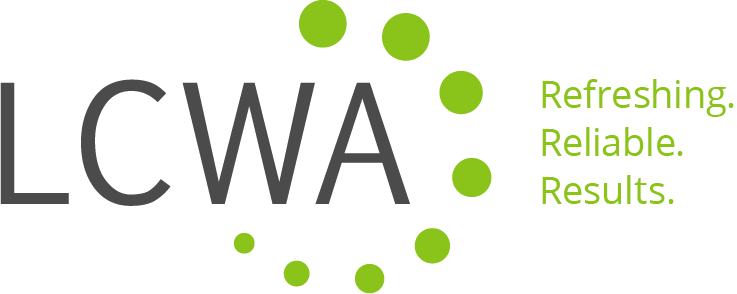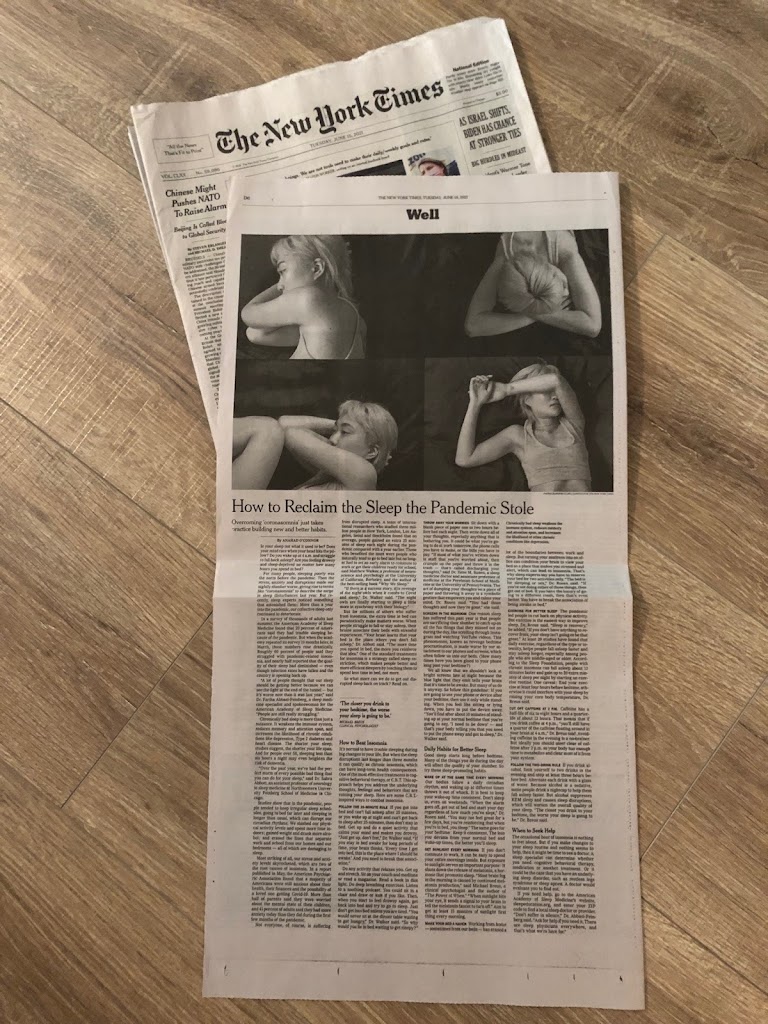As a result of proactive media outreach for LCWA client the American Academy of Sleep Medicine (AASM), LCWA secured a timely interview opportunity with The New York Times surrounding the pandemic’s effect on America’s sleep. AASM board member and practicing sleep medicine physician, Dr. Fariha Abbasi-Feinberg was interviewed for the feature story, titled “The Pandemic Messed With Your Sleep. Here’s How to Feel Rested Again,” which published both online (June 8, 2021) and in print (June 15, 2021). In addition to the original article, The New York Times published an abridged version of the article online and also featured AASM COVID-somnia survey results in their weekly health quiz!
The story leads with the AASM’s 2021 COVID-somnia survey results, which found that more than half of Americans (56%) are experiencing an increase in sleep disturbances since the start of the pandemic. In addition to comments from Dr. Abbasi-Feinberg throughout, the article features guidance from a handful of experts and sources to present an in-depth look at the current state of America’s sleep. To bring the story full circle, Dr. Abbasi-Feinberg and other sleep experts answered direct questions from readers on how to achieve healthy sleep. This expert-backed guidance for readers was published in a separate story on The New York Times’ top reader questions about sleep.
For readers who are experiencing sleep problems, the article concludes with a recommendation for readers to seek help by visiting the AASM’s consumer-facing website, SleepEducation.org. Here, patients can find sleep tips and enter their ZIP code to find a board-certified sleep physician at an AASM-Accredited Sleep Center in their area.
This is a good example of how meaningful conversations and timely media outreach can help drive success for client interviews and bring national media attention. In all, this one interview resulted in five separate articles, each bringing light to our client’s essential messaging on sleep health.

